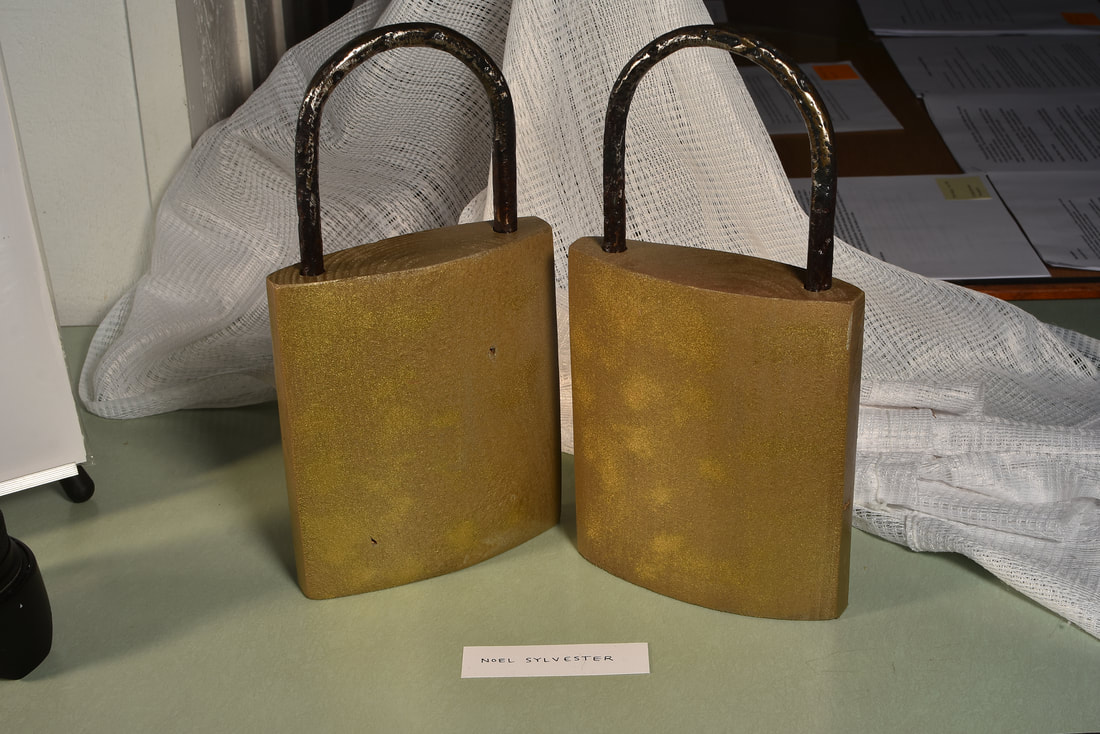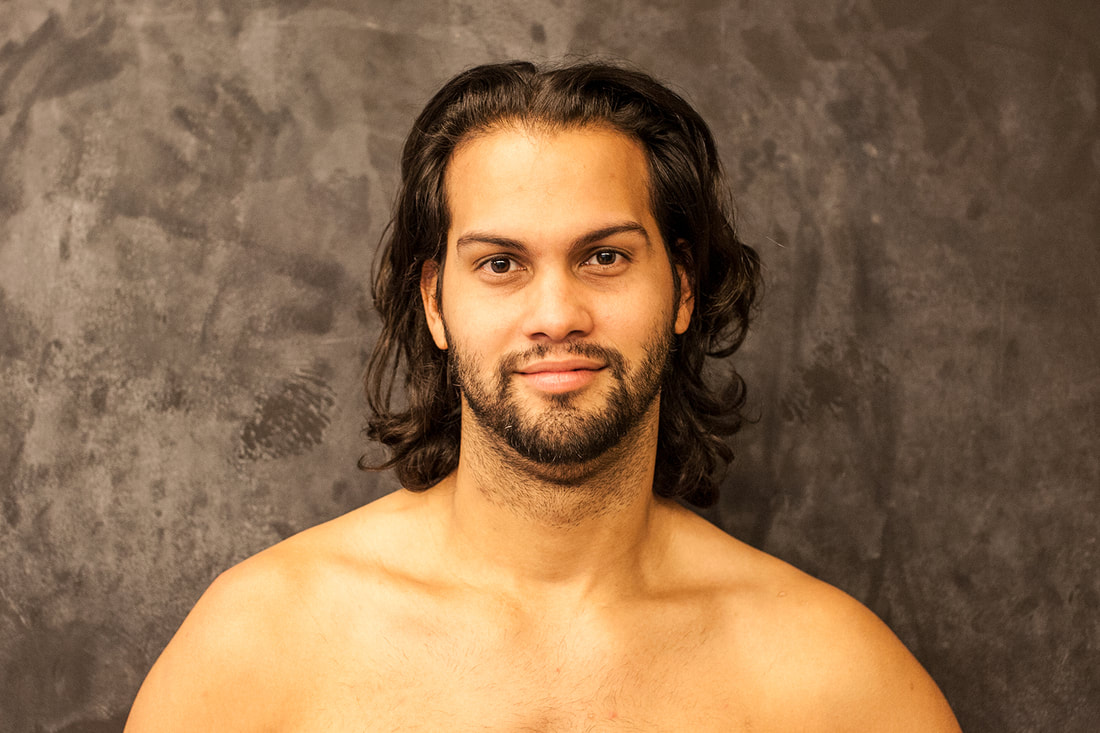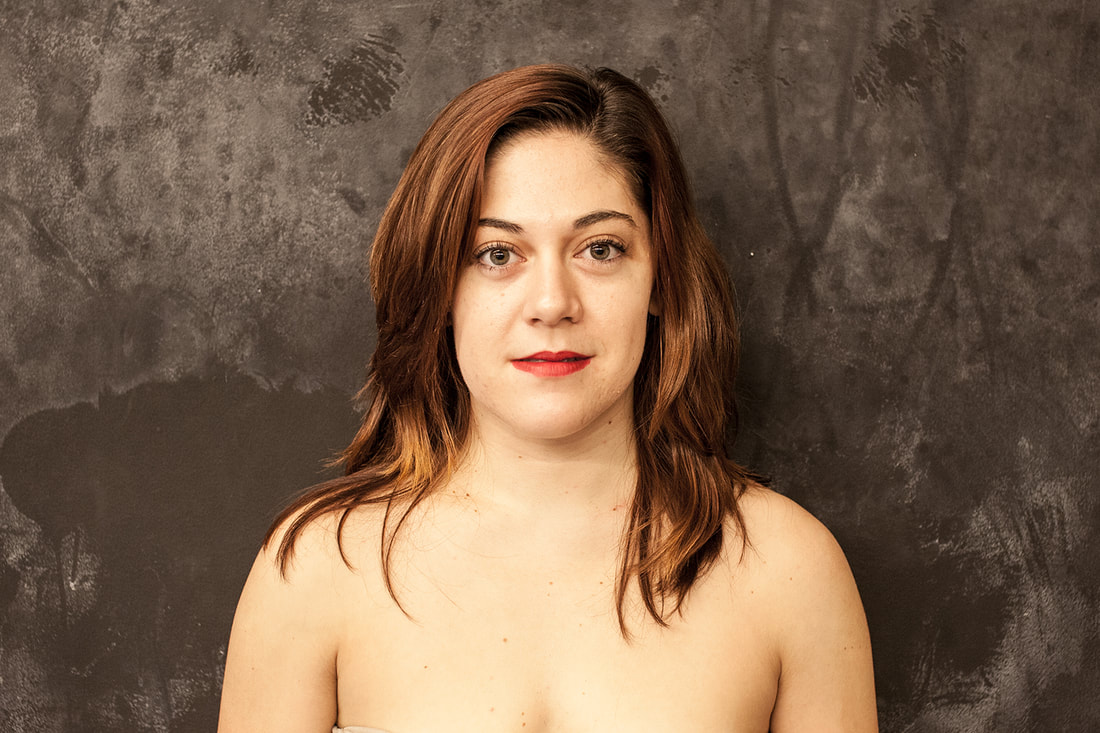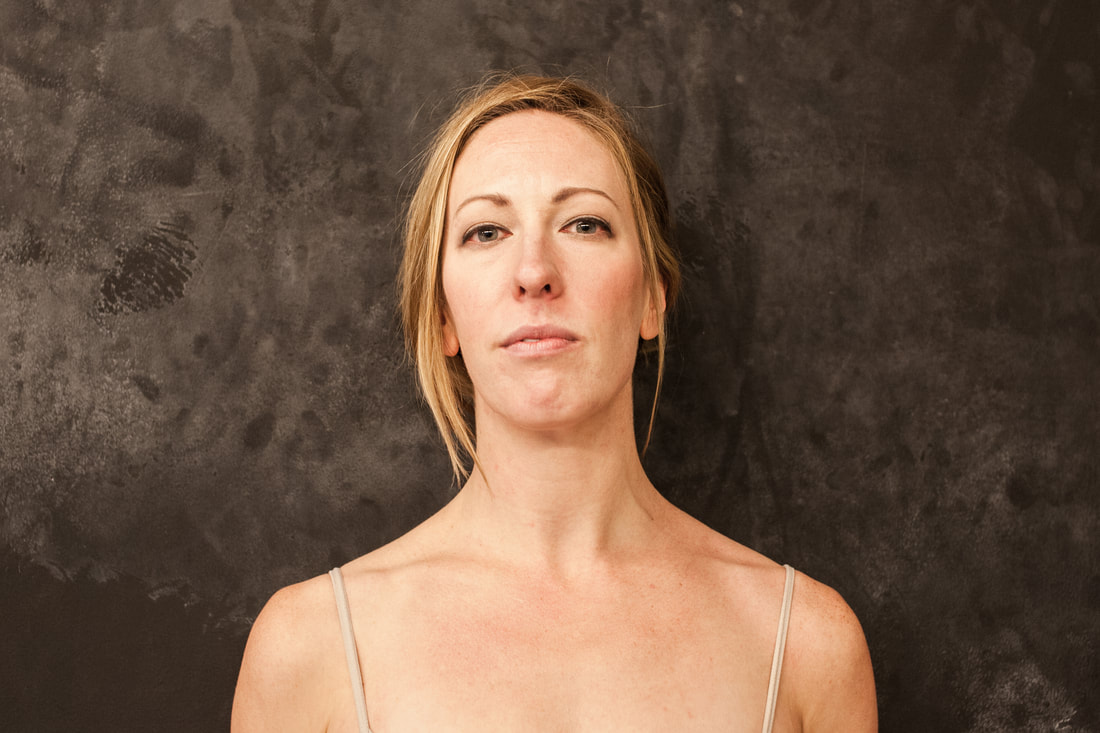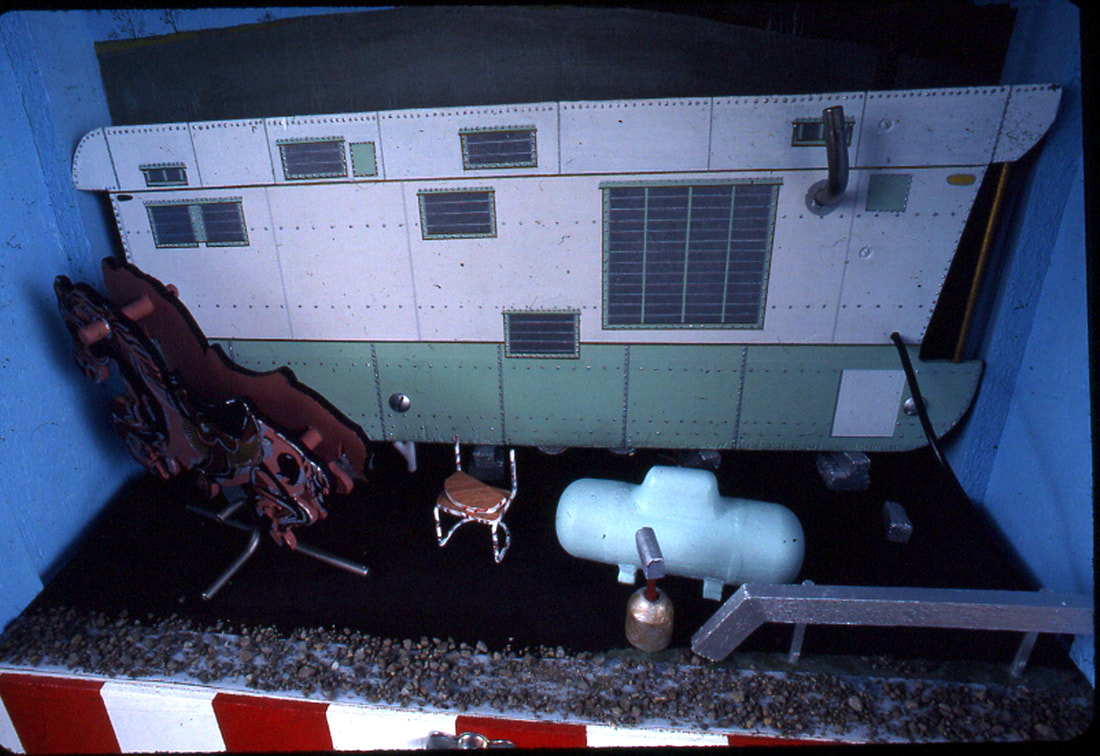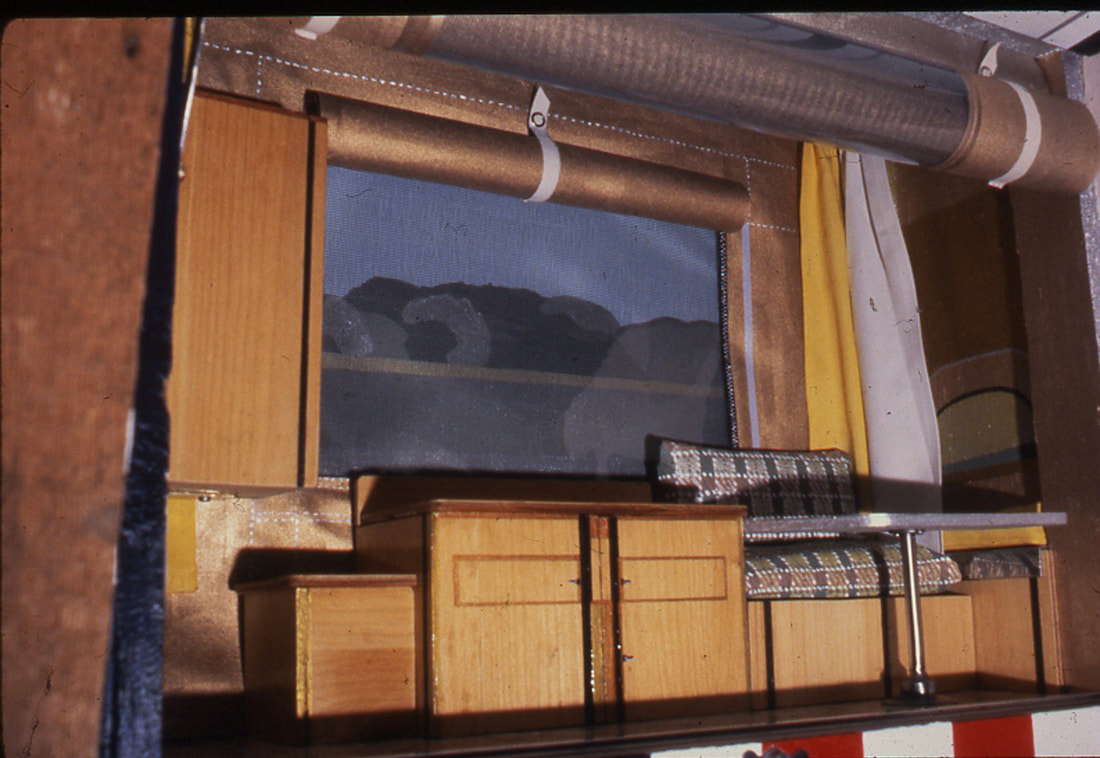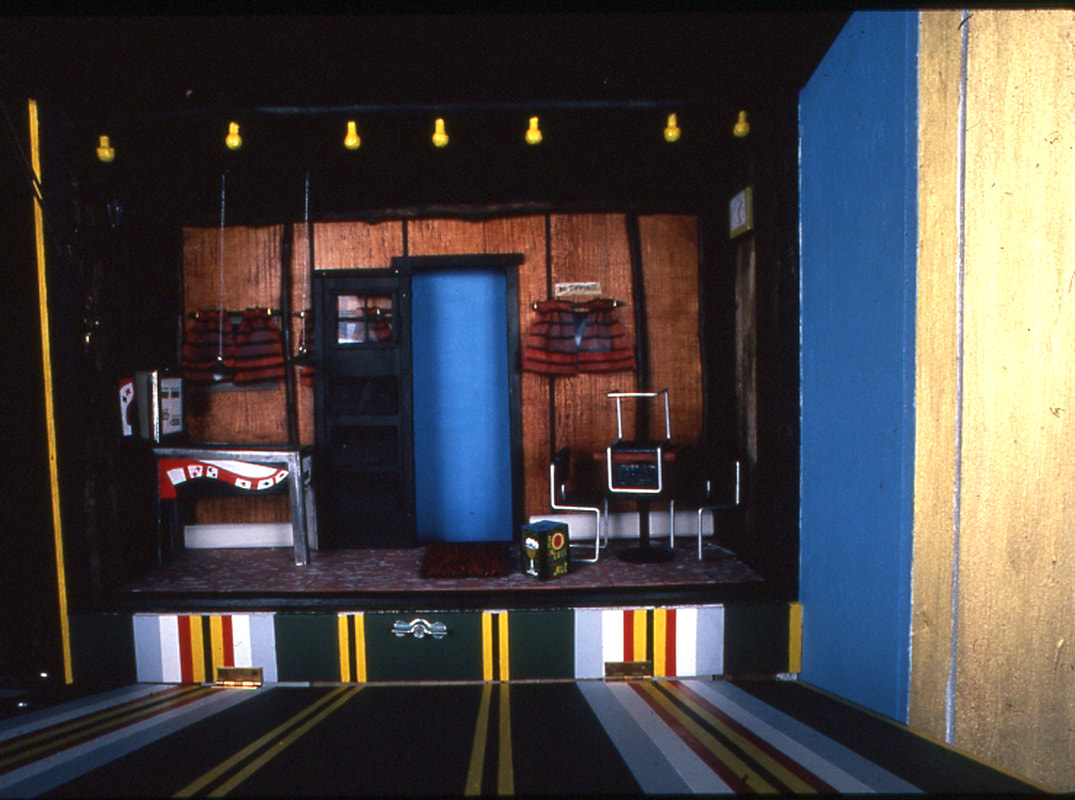|
**Please listen to the music below while you read this piece: composed by Ryan Hollister Small Escape
Chapter One “Pretty much everything here is free. Breakfast, lunch and even dinner, if you’re here late. Not just the food, though, stuff like pens, notebooks. Even computer peripherals. Basically the first thing everyone on my team does when they start is order a new keyboard. I’ll show you how to do that on your first day. There’s a webpage you go to where you can order pretty much anything and some guys upstairs bring it down. No cost to you at all.” Chapter Two I’m leaving home today. Mother is sitting across from me on the sofa we’ve had since as long as I can remember and, silhouetted against the dirty Chicago sunlight, I don’t feel much of anything. I’m reminded of a photograph my uncle once showed me of her as a youth in Islamabad riding a bicycle, a cigarette dangling carelessly from between two fingers of her left hand. In my lifetime that photograph is the only evidence I’ve seen to suggest that she had ever smiled. I have always envied that about her. Chapter Three The door closes behind me with a hollow whimper. It’s brand new, everything here is. The door, the counter tops, the track lights. It’s almost as if nothing had ever existed here before. Imagery of new modern ruins materialize in my brain; plantlife reclaiming the electric stove, vines dripping from the showerhead. My leather suitcases drop to the floor and I think how this gesture would have been more dramatic had it been performed just outside the threshold in the hallway, like the protagonists in films do when they’re trepidatious about their new lives. Chapter Four People are eager for me to describe my job on the rare occasion that I interact with the outside world. I struggle with this. At times I consider my job description to be ‘shedding long, black hair onto the headrest of a red upholstered chair’. It rarely matters, anyways. Mostly they just want to know what the office is like. This fortress of mystery; holed up in a cracker factory like royal squatters. Some day the peasants will eat us all. Chapter Five Everything really is free, there’s no limit to how much of any given thing you can take. I once witnessed a single man eat four large bowls of blackberries and each time the tray was empty, a cheerful man in a white chef’s coat would refill it from a fridge behind the counter. Perhaps there’s a sort of thrill being exposed to this opulence that wears off with time. I’ve started taking office supplies home with me. Post-It notes, pens, batteries. Things I don’t need. People pass in the hallway as I’m dumping fistfulls of double-A’s into my backpack and no one says a thing. Chapter Six Everyone lives here but at the same time nobody does. Chris, our project leader, suggested I get an apartment here because it is directly across from our office building. Looking out the window from my desk, I can see my apartment. It has become a sort of weird habit to stay later at work, maybe an extra hour or two, just to watch the people leave the office and walk across the street to their studio apartments. If I didn’t see it with my own eyes I would have to assume I was the sole occupant of 6480 Living Place. Walking through the hall at any given time save for before and after work, you’ll see no one. You’ll hear no one. Chapter Seven Arranged in my apartment window is a post-it collage of an 8-bit sprite from a video game I played as a child. It was an idea I stole from a tech blog. I can see it from my desk at work and a co-worker even posted a photo of it on our internal message board. The supplies all came from work, of course, but everyone seems to be heralding it as an artistic accomplishment. The large windows on the sixth floor by tech support have been gridded out for a similar group project. Chapter Eight They have begun work on a skybridge between the apartment complex and the office. Once it has been completed they will hermetically seal both buildings and we will exist only within the confines of this environment. I anticipate the announcement of the installation of a moat and drawbridge any day now. Chapter Nine Office supplies scatter across the beige carpet of my apartment as I empty the small cardboard box in a fit of anxiety. Taking up one of many Sharpie markers now displaced, this one is brown in color, I begin drawing little windows on the interior sides. With one of a half-dozen pairs of scissors from the sprawling pile I carve a door. After a few folds it even functions, more or less. I lay down an outrageous carpet of neon post-its. This feels good. Chapter Ten I break the unspoken rules of our culture as I venture out of our bubble unaccompanied by committee or group. I’ve searched the location of an arts & crafts store and embark on foot. My simple shoebox room has grown into a monstrous tower of sorts. Amazon boxes stacked atop each other, everything held together tenuously with scotch tape. As beautiful as it’s chaotic floorplan is, its asymmetry offends me. As an architect I can do better. Chapter Eleven “Did I see you walking down Forbes the other day, Amir?” She asks. I’ve never spoken more than a professional word to this woman and here she is questioning my movements. Nervously I nod, I mumble, I excuse myself. I question whether or not I should invest in a disguise. Maybe a hood, a beard I can put on when I roam the horrible streets. No; if a disguise is to be worn, it should be here in the halls of this office. I should wrap myself in an emotional hazmat suit to stave off the poisonous enquiries of these sterile monsters. Chapter Twelve A small village has sprouted from the remains of my initial effort. Perhaps not as daring as the structurally impossible tower I constructed with the scraps of corporate culture, the new dwellings are refined and understated. Single family homes pool together at the end of a cul de sac just a scale half-mile from a tiny Main Street. I, for a time, occupied a small efficiency above the coffee shop, but decided that I’d like to take up gardening and moved into a small two-bedroom home near the grocery store. My life is simple and quiet, here. I’m shielded, I am happy. Chapter Thirteen I watch the cursor flicker between white and black. Blinking in and out of existence. I can relate. Chris has asked me several times in the last month about the progress of my work and the last time he did I almost told him about the new venue that is opening up near the ‘Recliner Diner’, so named because of its proximity to the last piece of furniture remaining in my apartment. But I’m staring at a black screen with a cascade of white text, peppered heavily with parentheses and brackets. A revision history shows that it was last changed over a week ago, but it’s hard to concentrate on my inability to think in code when I’ve just thought of the perfect wallpaper pattern for the venue’s walls. Chapter Fourteen RE: BIRDFEEDER ATTRACTING PESTS Rather than employing a potentially hazardous poison in the courtyard area, I’ve taken the environmental initiative of deploying have-a-heart traps near the bird feeder to catch squirrels who are lured to our green space by the abundance of seed. I enjoy watching the birds from my windows, both at work and at home, and would rather put in the extra effort than see it vanish. I was, however, thinking it might be fun to start a sort of catch and release club. I’ll be transporting the squirrels to Frick Park as needed and would enjoy the company of other hikers as we introduce the animals to their new habitat. Anyone interested? Happy Friday! Chelsea O. Chapter Fifteen As of right now, no one has noticed the diminishing. Rather, no one has mentioned it to me. I can’t imagine the change will be visibly noticeable to the office staff for another week or two, at the very least. During this period it is my intent to furnish as much of Centerville as possible. Crudely fashioned living room sets made of scrap fabric and thick-gauge wire are being replaced. Using models I found on an open source repository I’ve been employing the office 3D printer to craft various chairs, televisions, refrigerators and the like all in garish primary colored plastics. Adam, in the seventh floor micro-kitchen, is talking to Kathleen about how the printer has been booked unfairly for days. “Must be a new hire.” She says, stirring honey into her Icelandic yogurt. “ They get so excited about it when they first start, but within a week the novelty wears off.” Chapter Sixteen The most difficult part of the process has been the effect my smaller hands have had on my ability to type. It’s not impossible, rather, just clumsy. Slower. Tiny, fresh fingers lack the same reach and I often end up hitting the ‘k’ where I’d meant to hit the ‘l’. Ironically I’ve found a renewed passion for my work, as I anticipate it to be my last opportunity to practice my career. It’s funny, as with life itself, once a finite deadline has been set you tend to cherish each day with a careless and precious handling of every insignificant moment. Chapter Seventeen Disaster. Perhaps I have exceeded my talents, but the functional model street lights I had wired around the town square intersection caught fire and damaged the clock tower -- the central and defining landmark of Centerville. While the damage is not insurmountable, it did bring into focus the fact that I neglected to furnish the city with proper emergency services. It has been twelve days since the diminishing began and I’m not entirely certain I will have enough time to establish the proper services. Chapter Eighteen I have stopped going to work altogether. My size has rendered me, by comparison, a comical facsimile of a human being. Feigning an illness, it did not matter which, I have excused myself from the office for an indeterminate period of time. I do not intend to return, but, in the event that my diminishing takes longer than anticipated, I would prefer to maintain the income. I am still able to submit work, though it is not expected of me during my sick leave. Chapter Nineteen “Mother, this is Amir calling from my new apartment. I’m aware that it is late…” I pause, considering whether or not this is a necessary phone call; whether or not this is a goodbye. “Mother, I remember when I was young - not my first memory of you, but I was young - I looked into your sienna eyes. I could see, there, the latticework of mortar, strong and fresh. That wall spanned the infinite length of your iris, it held your world complete. While, in a sense, I have never truly known you, this is the most important thing you’ve ever taught me. We’re all architects in our own way; you and Jalna and I.” As I chew the truth of my prepared closing statement the phone interrupts my reflections, asking if I need more time. I press the number key indicating that I do not, and hang up. Chapter Twenty Still too large to go inside any of the buildings, I am now able to walk the streets of my creation with some sense of regularity. I have spent the better part of the day opening doors, testing benches for structural integrity, matching my might against the walls of various buildings. While, mentally, I had lived in many of these houses, being here among them as a resident left me feeling rather out of sorts with my creations. The dream home I had spent the most time building now seems to belong to some stranger. Laying on a park bench, the tiny ridges of the printed plastic cut into my back and shoulders and it occurs to me that I am still falling asleep staring at the same ceiling. by Fredrick R. Arnold III Two Pictures Despite the elbowed exhaust pipe reaching for the sky on the outside of the trailer, the smell of bacon grease mixed with stale cigarettes hits the back of Cindy's throat the minute she walks in the door. Flimsy and crooked, the door swings out, and hangs opened behind her. She can see into every room from the doorway. No one is there. She takes three steps to the back wall and looks out the window above the frayed and flowered couch. But the backyard is deserted… Robbie's rocking-horse stands to one side, flanked by a broken stool. It feels like a sucker punch to the gut, how much she misses that kid in an instant. A few feet away, the welding torch sits on the ground abandoned next to a large metal storage tank. She thinks maybe that's a sign Ed will come back soon. But she can't stand the smell inside, so she walks back out the dilapidated door to sit on the cinderblock steps. She'll be able to see his truck the minute he turns on to the road. So if he doesn't want to talk to her, tough shit. He'll have to anyway. Ed shuffles along in the line of guys punching out. And like every other one of them, lights up a cigarette the minute he walks over the threshold. They grunt their goodbyes and fan across the parking lot, Ed in a beeline for his rusted out F-150. He doesn't bother locking it – who would steal this heap? But still, he's surprised to see the large yellow envelope on the seat. Left where he couldn't miss it. He picks it up, and swings himself in behind the steering wheel. He turns the sealed envelope over – but there are no markings on it. Still, he knows Cindy left it. Back in the good ol' days, Cindy used to leave him love notes, little presents – a handful of beef jerky sticks, once in a while a paper plate of brownies covered in aluminum foil. He always suspected the sweets were just her way of winning over Robbie. Ed rips open the seal, and finds an 8 x 10 photo. She's facing straight into the camera. But with eyes that seem to be looking inward, at her own thoughts, instead of at him. Her hair, her skin, her lips, all the color of honey. The image is nearly life-sized – just her head and strong shoulders – bare except for two flesh-toned spaghetti straps. Her hair is pulled back, but long loose strands frame her face like always. It looks like she posed in front of the blackboard in her classroom. He pictures her propping up the camera, then closing the door and taking off her sweater to stand there in her undershirt like that. He studies the way her one front tooth overlaps the other, just the tiniest bit, so that it almost shows between her slightly parted lips. And those pond green eyes, like summer calling to him after a long winter. She is daring him to still love her. And, the trouble is, he does. By Rhonda Morton by Christina Morris
THE USUAL Her inky-black pupils, suspended in rings of glossy hazel, dilate as she enters the dark interior of Del’s Tavern. She’s assaulted by the pungent odor of stale beer fused with shelled peanuts, like rancid lager saturating a vat of greasy peanut butter. It’s a fragrant reminder that she’s about to break the promise she implemented over a month ago. She scans the cheerless room, hoping Ricky’s lanky frame will be hunched over a tumbler at the bar. That for once, he’ll be waiting for her. But all she sees is the perpetual assemblage of random barflies. Lit by flickering neon, they’re anchored to the same seats they always use. As if Butch, the portly and bulbous-nosed proprietor, assigned a seating chart that none of them have the courage to disrupt. Not seeing Ricky, she makes her way to the bar. A few steps in, the soles of her heels begin to shatter peanut shells strewn across the floor, a result of Del’s only source of sustenance. For a dime, Butch will dip a soiled plastic flowerpot into a mammoth bag of cut-rate peanuts and send them across the lacquered bar to those that need sodium to accompany their musty brews. After sucking out the insides, the barflies discard the shells onto the floor, creating a carcass-laden landscape of tawny husks that are crushed under the oily-bottomed work boots of Del’s clientele. She walks up to the bar, and pulls out a broken-down stool, vinyl seat held together by frayed duct-tape. She sits and crosses her legs, causing her jean cuffs to rise, which reveal her meaty ankles, one of the many despicable things she inherited from her mother. As she tugs her jean cuffs down, Butch approaches and cracks a monstrous grin, lips parting way to nicotine-stained teeth. He tells her that it’s been too long. She smiles and agrees, about to order a drink when Butch waddles away, saying he’ll get her the usual. She hasn’t wanted the usual, Butch’s sugary and watered-down take on a Boston Sour, for over a decade. But she’ll accept it, not wanting to offend him if she declines. She’ll wait for Ricky to arrive and order her something else, not giving Butch a chance to dislike her, even for a moment. As Butch prepares her drink, Wallace, one of the barflies, shuffles towards the pinball machine. He fishes around in the pockets of his threadbare coveralls, coming up with a grimy quarter. He pops it into the slot, causing the game (Card Whiz, if she remembers correctly) to quiver to life. Flaxen lights glow, illuminating Wallace’s craggy face, nose riddled with broken capillaries. His knobby fingers, stained with oil and grease, pop the buttons on the side. His hips undulating with each ding and rattle inside the machine, willing the pinball to hit combos and kickout holes to rack up points. Butch winks as he plops down her cocktail, causing a shriveled maraschino cherry to rock in the golden liquid. Off his wink, she flashes a crooked smile, tilts her head and emits an overzealous thank you. Even before the words emerge, right when her cheek muscles contract to create the off-kilter smile, a wave of self-hatred washes over her. Anger rises, causing her milky-white skin to redden at the fact that she smiles and complacently whispers words of gratitude to any flirtatious glance, wink, or nod. She knows it’s happening, can hear the small cry from the back of her mind trying to quell the instantaneous reply. The inner shriek attempting to calm her crooked smile and cheerful response but it spews forth, unchecked whenever someone of the opposite sex engages her. Like her sturdy ankles, she blames this inherited trait on her mother, another constant reminder that she holds the physical and emotional attributes of a weak woman she hasn’t seen since her and Ricky started dating. Whose hair parted to the same side as hers, who is to blame for her pale skin breaking out into red, scaly rashes, and whose lack of self-respect allowed one of many stepfathers to shower down abuse over the years. She inherited the worst from a woman she left in a crippled and tear-filled wreck, bawling into the shag carpet the color of rotten plums, when she was sixteen. Vowing to never return. To never become her. To calm down, she hoists the Boston Sour to her lips but notices the grimy fingerprints that plague the scratched tumbler. She looks at the soiled glass and wants to throw it. Hurl the cocktail she never wants, but never has the courage to refuse, at the potbellied man who made it. She fantasizes the drink sailing past him, smashing into the tarnished and greasy mirror. Causing the dollar bills taped up to the burnished surface to come crashing down, shards of glass piercing the green-inked portraits of presidents long since passed. But instead, she sips the weak and candied drink as Wallace curses at the varying chirps and whistles emitting from the pinball machine. Knowing that as soon as Ricky’s whip-thin silhouette appears in the doorframe, she’ll straighten up and smile. Relying on the knee-jerk reaction she just cursed to bring him into her arms. Not caring that the promise she made to herself was broken the moment she agreed to meet him here. Not caring that Ricky will utter excuse-riddled apologies that are disguised as requests for her to be the warm body he crawls into bed with after a double shift. Not caring because underneath the tavern’s familiar odor of ale, Jiffy, and despair, Ricky’s pleas are the same as hers – he doesn’t want to be lonely, and neither does she. by David Ebeltoft Special thanks to Vinnie for letting me film this at Volo on Market Street in Corning, NY.
She didn't know what she would find when she opened the box. Her memories of him, the old sage who passed along all of his knowledge, never seemed to own anything that would be this grand, this heavy, this full of potential and yet rife with memories of the overwhelming nature of his passing. He was not young, but also was not ready to leave this world; so many missed opportunities, stories, lessons on love and memories of her ancestors long gone. Her grandfather left her one simple thing in his will: “the contents of storage unit 55 at Al’s Cheap-Ass Storage, 1422 Rt 66, Chicago Illinois.” There she was, standing in front of the unit, which appeared to her a bit smaller than she imagined, opened to the setting sun with dust sparkling in the early spring light, and full of junk. Boxes of newspapers from 1950, Coke Cans held onto in the hope that one day they would be “antiques,” broken clocks that didn't appear to have any working components, even a few busted laptops. Then she noticed it. Sitting in the back corner, covered with a tattered sheet and fastened with the most glamorous bronze-plated locks that she had ever seen. It was huge, almost up to her chin, and appeared to have been cared for meticulously throughout his whole life. Next to it laid a note with her name written in calligraphed script. The note described his life as a travelling artist. He had a knack for voices and an incredible stage presence that once made Judy Garland spit her martini across the table. He explained his deep love for theatre and his desire to create sets out of his favorite family scenes, how he would mold the marionettes after the people he held most dear. As she opened the oversized box, she saw something magnificent. Inside was an exact replica of her favorite place on earth. His bar, where she had gone after school each day to wait for her dad to pick her up; where she had learned to love listening to his stories and those of his customers; where one time she had way too many Shirley Temples and threw up next to the regulars smoking cigarettes outside. The recreation was perfect, down to the exact detail. He had restored the drapes, a disgusting red and black that looked like they belonged as a coat on the little labridoodles from Mrs. Jensen next door. He had even perfected the first pinball game in the corner that she adored. It was spectacular. As she opened the box further, out fell two marionettes: one of an old man with grey hair and knowing eyes holding a cocktail shaker, and one of an wide-eyed young girl with blond hair and full smile. She was not sure what she would do with this miniature world full of memories and laughs, a place that was both the place where she both grew into womanhood and had her first beer and the place where she realized the true love a grandfather has for his granddaughter. She began to smile her dry smile, full of melancholy nostalgia. by Henry Powell Then, at that moment, the “Book of Dreams”, a book she found solace and comfort in, gently slipped from her lap to the floor.
She spent much of her time reading that book, since recognizing, in her teens, she had 'the gift', the gift of prescience. Before that revelation, she was regarded as a 'troubled child', who 'knew too much'. Hearing adults whispering about her caused her to retreat, to isolate herself from social contact. Some years went by. Her grandmother, who also had the 'gift', died. It was a natural course of events that she had subsequently come to live with her grandfather. 'Big Al', as he was known, quietly came into the shaded parlor. Picking up the book, he placed it on the stand next to her, along with a manila envelope-the number '55' scrawled on the front. locks & epilogue by Noel Sylvester |
66 OURS - Collaborative Writing ProjectStarting with Phase 1, writers had 66 days to base their writing on 1 anonymous person & 1 vignette, dutifully and judiciously assigned to each writer by Amelia. Photos given to the writersEach writer was given a combination of 1 person + 1 vignette from the following:
Person 1
Person 2
Person 3
Vignette 1
Vignette 2
Vignette 3
Categories
All
|
